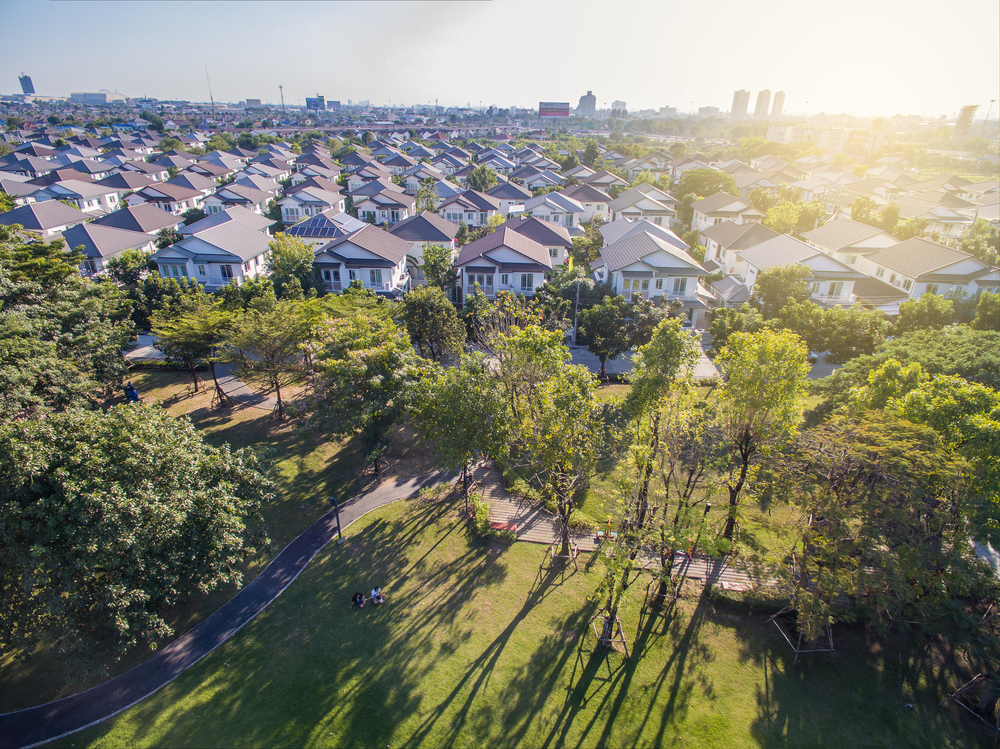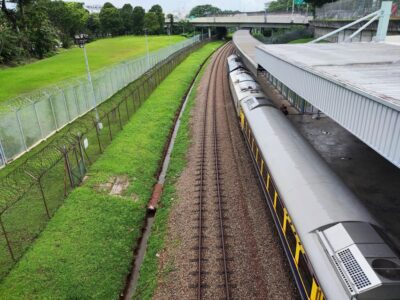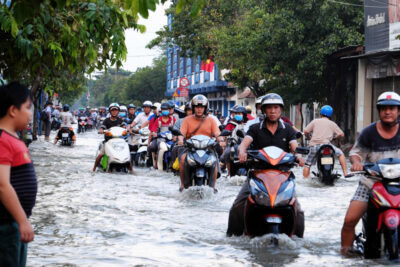The state of Thailand’s residential real estate market
Prices are expected to go up by 3–5 percent
The Thai home price market is expected to increase in 2022.
Following a decline since the first quarter of 2020, new home costs are on the rise due to higher inflation, a labor shortage, and rising fuel and construction material prices.
“In 2022, we expect to see property prices go up by 3–5 percent,” Apa Ataboonwongse, chief executive officer at Richy Place told The Nation Thailand.
“Developers cannot maintain the same prices despite management cost having reduced over the past year. Also, due to COVID-19, most migrant workers have returned to their countries, causing labour shortage,” she added. “This, in turn, has spiked the manpower cost and delayed most projects by 10 to 20 percent from their previous schedules.”
A domino effect has occurred within the global supply chain. According to Bangkok Post, delays in shipping and supply shortages are the main reasons for the non-delivery of exported materials.
More: Second-home investment destinations take the spotlight in Thailand
There will be a significant increase in construction material prices this year, particularly steel, which has risen 30 percent.
The Bureau of Trade and Economic Indices also noted the price increases for concrete (5.6 percent), aluminium, asphalt, and sand (4.2 percent), as well as electricity and water (3.8 percent).
Wichai Wiratkaphan, acting director of Government Housing Bank’s Real Estate Information Centre noted that developers will be offering fewer discounts and promotions as demand matches supply in the property sector.
Marketing campaigns were used extensively last year due to the impact of the pandemic on consumer confidence.
Freebies were the most popular promotion for enticing low-rise homeowners in the fourth quarter of last year, accounting for 44.4 percent. Air conditioners, furniture, drapes, water pumps, and water tanks were among them.
This was followed by cash discounts as well as transfer fees and common area expenses, which accounted for 28.8 percent and 26.7 percent, respectively.
Condominiums took the brunt of the consecutive drop since Q3 2020.
The Property Report editors wrote this article. For more information, email: [email protected].
Recommended
Thailand advances digital finance with blockchain real estate push
Issues over marrying blockchain incentives to a physical asset class is hampering Thailand’s digital finance push
Johor Bahru emerges as a key economic partner to Singapore
Once regarded as a poor relation across the causeway, Johor Bahru is cementing its status as an integrated economic partner to Singapore
Vietnam sets new rules to reward clean energy producers
Vietnam’s government has passed new regulations allowing homeowners and landlords to sell solar power back to the national grid for the first time
Bangkok developers shift focus to safer low-rise and suburban projects
Concerns over Bangkok’s seismic safety in the wake of the recent Myanmar earthquake have prompted a shift toward low-rise developments









